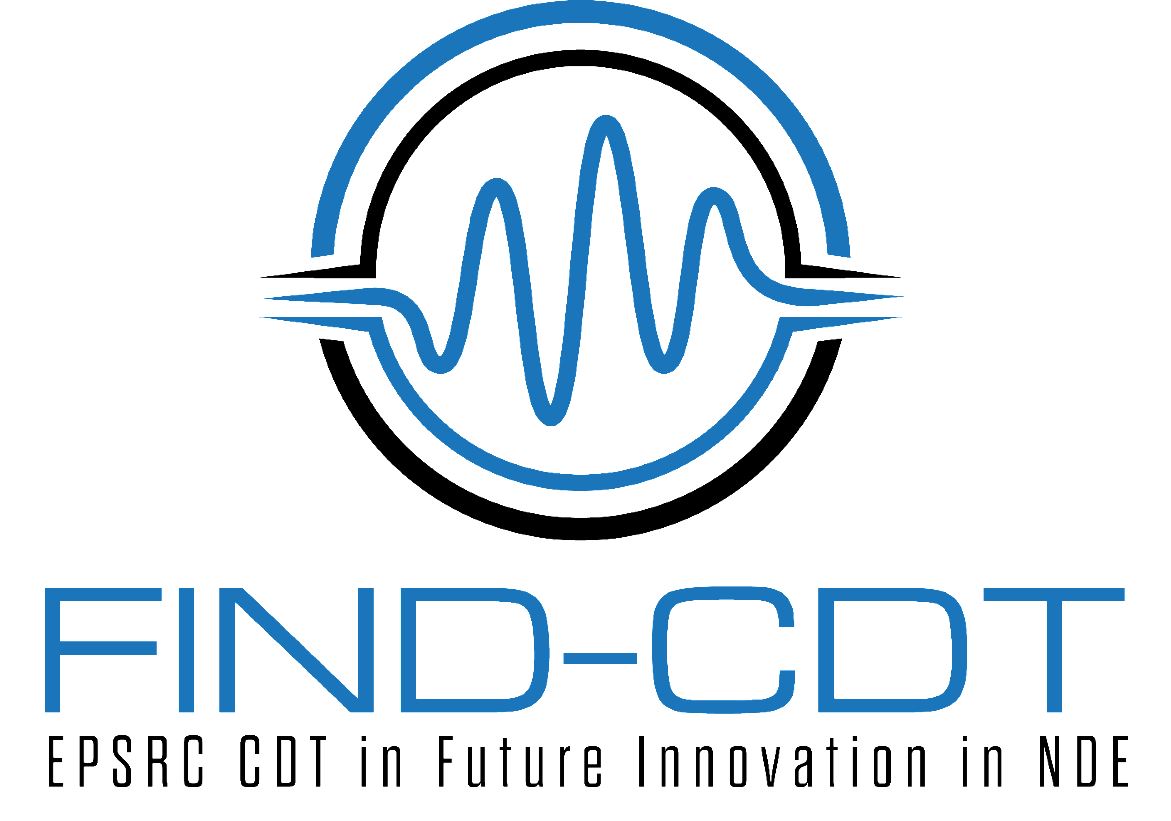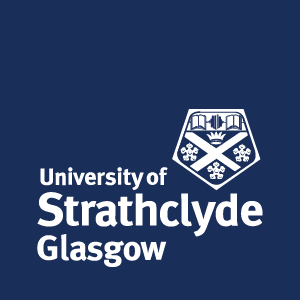EngD in the new EPSRC Centre for Doctoral Training in Wind and Marine Energy Systems and Structures at the University of Strathclyde collaborating with Katrick Technologies.
A new Centre for Doctoral Training (CDT) at the University of Strathclyde will train researchers to EngD and PhD level in wind and marine energy. Funded by the Engineering and Physical Sciences Research Council (EPSRC), a total of 70 PhD students will be recruited for four years of training and research.
In collaboration with the CDT, Katrick Technologies are co-funding one EngD studentship. Katrick Technologies is a leading independent renewable energy consultancy and services provider. The research student hired on the CDT/ Katrick Technologies collaborative research project will enjoy a comprehensive training programme and an accredited IET/IMechE scheme, potentially leading to CEng status.
Our CDT offers a unique programme, combining training and research that will aid graduates in transitioning into careers in the wind and marine energy sectors. Training covers all aspects of wind and marine renewable energy systems, including the wider socio-economic context. As part of the CDT, the student will join a cohort of 15 students who will undertake the same training programme as well as a wider family of over 150 existing students and alumni.
Research project overview
Energy harvesting is a technology which converts excess of kinetic energy into viable electric energy and supplies power to low power electronic devices efficiently as a productive alternative to wired battery‐based systems. Several energy sources such as solar, wind, waves, thermal energy, mechanical vibration can be utilised for producing electricity. Among them, mechanical vibration‐based energy harvester has been manifested to provide more significant potential, better lifespan, and comparatively high-power density. Several methods are available for the transformation of mechanical vibrations into electrical energy: electromagnetic, electrostatic, and piezoelectric effect.
It is intended that the research findings will contribute to the development of a framework of design that is served as a basis for further research and development regarding the vibration energy harvesting. This research has the potential to contribute significantly to relevant disciplines such as monitoring and sensing for marine renewable energy, and marine electrical production.
The EngD project aims at proving the concept of energy harvesting through the development of a prototype system capable of harvesting energy from induced vibration.
The work will involve the following steps:
a) Quantify the ambient vibration energy available to harvest;
b) Associate different vibrational scenarios to the available harvesting technologies to maximise the efficiency of energy scavenging;
c) Development of mathematical and numerical model capable of developing the preliminary feasibility study towards the identification of the design specifications;
d) Design and manufacturing of the solutions which will score the best out of the design selection process;
e) Prototype development and testing;
f) Model validation/verification;
g) Design optimisation.
The experimental campaign will be carried out within the Marine Engineering Laboratory and the Cross-disciplinary advanced Vibration Laboratory (VibLab) at Strathclyde University, and in collaboration with the System, Power and Energy division at the University of Glasgow.
As a collaborative research project, the research student will work together with Katrick Technologies Ltd, the University of Strathclyde and the University of Glasgow research teams, spending time in the three organisations.
Entry requirements
Studentships are available to the UK and eligible EU citizens with (or about to obtain) a minimum of a 2.1 Masters or 1st Class Bachelor’s degree in a numerical degree such as Engineering, Physics or Maths.
Experience in the following areas is beneficial but not necessary:
- Signal processing and data acquisition
- Basic knowledge of electrical/electronic circuits
- Programming, use of MATLAB/Python and LabVIEW
- Modal testing, vibrational testing, structural analysis
- Design and optimisation
Supervision
Dr Andrea Coraddu – andrea.coraddu@strath.ac.uk, University of Strathclyde
Dr Andrea Cammarano – andrea.cammarano@gla.ac.uk, University of Glasgow
Applying
To apply, please click the apply button. The closing date for applications is 31/08/2020
Apply now
For further details on our Centre, please click here.
For further enquiries related to the Centre for Doctoral Training contact: Drew Smith, CDT Administrator, Tel: 0141 548 2880, Email: drew.smith@strath.ac.uk
For further enquiries related to the EngD research topic contact: andrea.coraddu@strath.ac.uk
Expired






